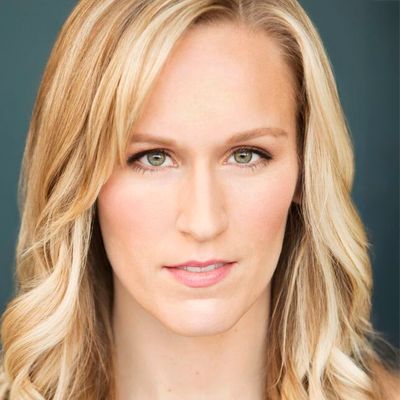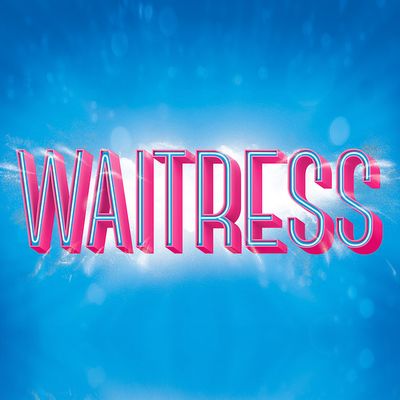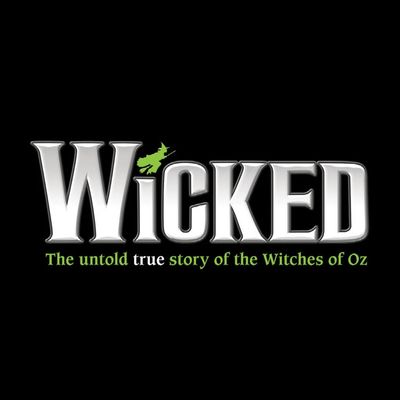This is a special presentation of The Spotlight Series, which highlights organization making a difference in the arts and beyond...
Stephanie Torns is a Broadway actress known for her standout roles in the Broadway hits like Wicked and Waitress. Over the past decade she has shown incredible dedication and stamina, bringing some of Broadway's favorite characters to life night after night. But Stephanie's impact goes way beyond just the stage.
Recently, she’s taken on a new role with EPIC Players, a theater company with a heart – they’re all about empowering neurodivergent performers. Stephanie's now on the board of directors, helping bridge the Broadway community with EPIC, and fostering some incredible collaborations. For her, it’s more than just a professional role – it’s a personal mission.
In this conversation, we dive into how Stephanie found her way to EPIC Players, why supporting the neurodivergent community is so close to her heart, and the joy she’s discovered in this inclusive space. Plus, we’ll chat about her time on Broadway, what it’s really like to play roles as intense as Elphaba, and how those experiences are shaping the work she's doing with EPIC.
Donate to support EPIC’s paid employment initiatives and free programming.




